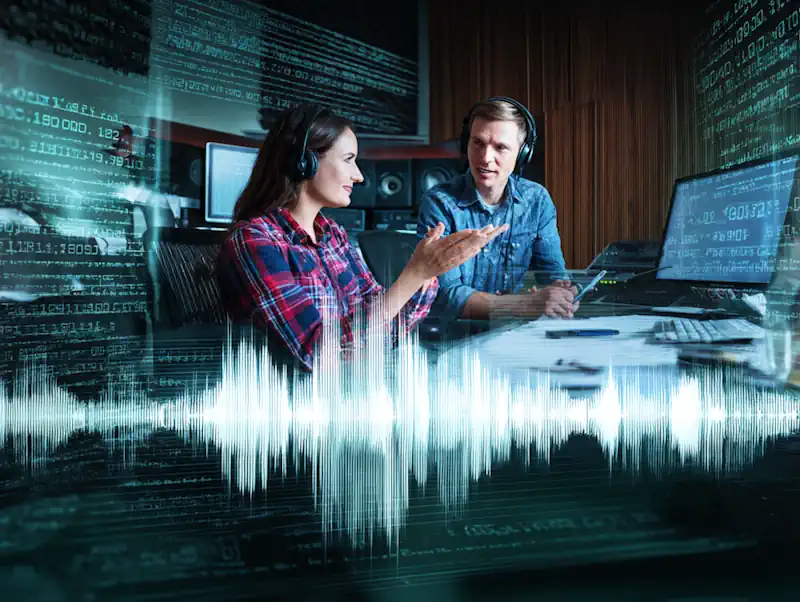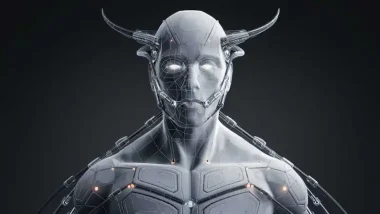After nearly a year on strike, video game performers represented by SAG-AFTRA have voted to ratify a new labor agreement with major gaming publishers, marking a significant milestone for labor relations in the interactive entertainment industry. The deal includes substantial wage increases, improved safety standards, and long-awaited protections against the unregulated use of artificial intelligence.

A Hard-Fought Labor Victory
The strike, which began in late 2024, was one of the longest work stoppages in the union’s history involving video game performers. It affected dozens of major titles in production and disrupted voice and performance capture work across studios such as Activision, Electronic Arts, and Warner Bros. Games. The union’s demands centered on fair compensation, residual pay models for high-selling games, and safeguards against the use of AI to clone or simulate actors’ voices without consent.
The newly approved contract spans three years and was ratified with strong support from union members. It introduces a 12.5 percent wage increase over the contract term, along with stronger requirements for informed consent before any AI replication of a performer’s likeness or voice. It also mandates transparency from studios regarding how digital performances are captured, stored, and reused in future projects.
AI Protections at the Forefront
One of the most closely watched aspects of the new deal is its treatment of AI. Under the agreement, publishers must obtain written consent from performers before using their likeness or voice for AI-generated dialogue or performances. Performers are also entitled to compensation if their digital likenesses are used in new projects beyond the original scope of work.
This provision follows growing concerns among actors, musicians, and other creative professionals about AI’s potential to automate human performance. Industry observers note that while AI tools can streamline production, their misuse risks undermining creative labor and eroding control over personal identity. The new clauses set a precedent that could influence other entertainment contracts involving synthetic media.
Publishers Seek Stability Amid Production Delays
Game studios and publishers had also felt mounting pressure to resolve the strike as production delays piled up. Several major 2025 releases faced disruptions due to limited access to union talent for voice and motion-capture roles. The new agreement restores a sense of stability to the industry and allows developers to resume full production schedules heading into 2026.
Executives across the sector privately expressed relief at the outcome, noting that the agreement provides a clearer framework for working with union talent in an era increasingly shaped by AI and remote collaboration technologies. While the deal adds new compliance costs, analysts expect it to prevent larger financial losses caused by further production standstills.
Union Strength and Broader Implications
The strike’s resolution underscores the growing influence of labor organizations within the gaming industry. In recent years, unionization efforts have expanded beyond performers to include developers, testers, and localization teams. The successful negotiation of AI-related protections is seen as a bellwether for future contracts across the creative economy, where automation and synthetic media continue to blur traditional boundaries of authorship and compensation.
Advocacy groups praised the contract as a model for how creative industries can adapt to emerging technologies while preserving human rights and artistic integrity. For game developers, the agreement also provides a roadmap for responsible AI integration that balances innovation with respect for talent.
A New Chapter for Interactive Entertainment
As the gaming industry continues to evolve, the newly ratified deal reflects a maturing relationship between talent unions and publishers. It signals a recognition that sustainable innovation requires not only cutting-edge technology but also fair and transparent treatment of the people behind the performances that bring virtual worlds to life.
The agreement will take effect immediately and remain active through 2028. Union leaders have indicated that they plan to monitor compliance closely and open discussions on additional digital rights issues as AI tools continue to advance.
